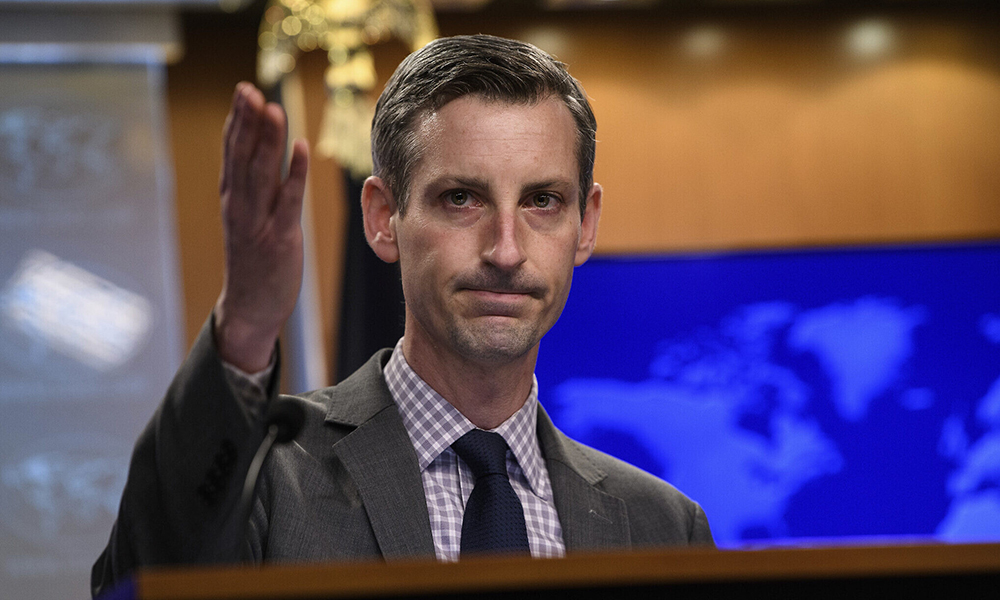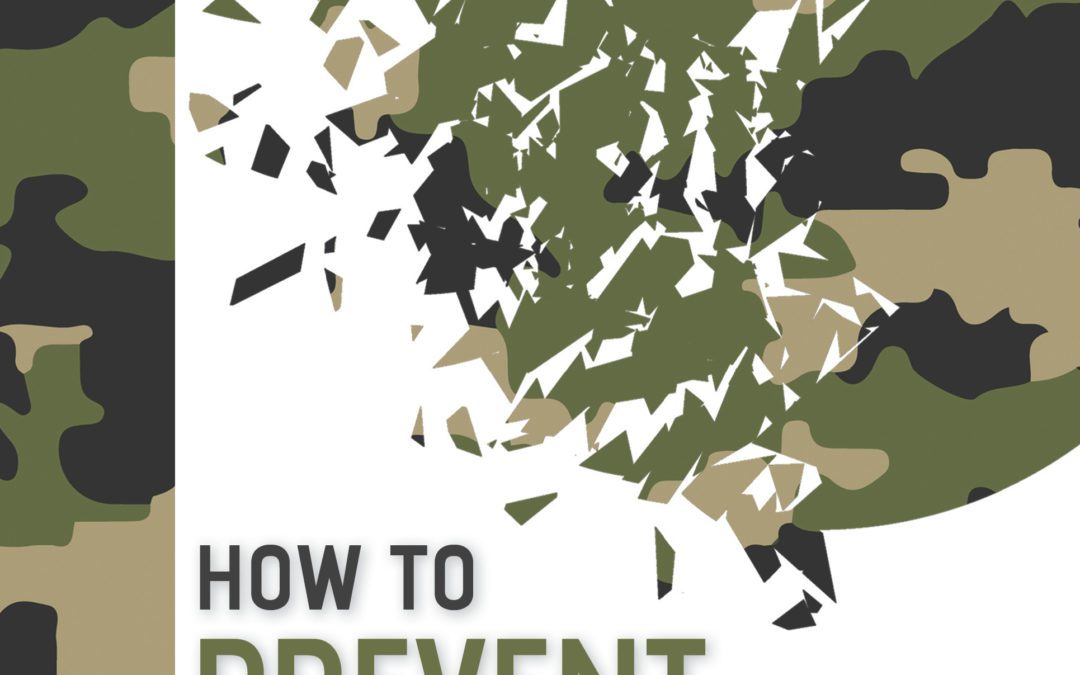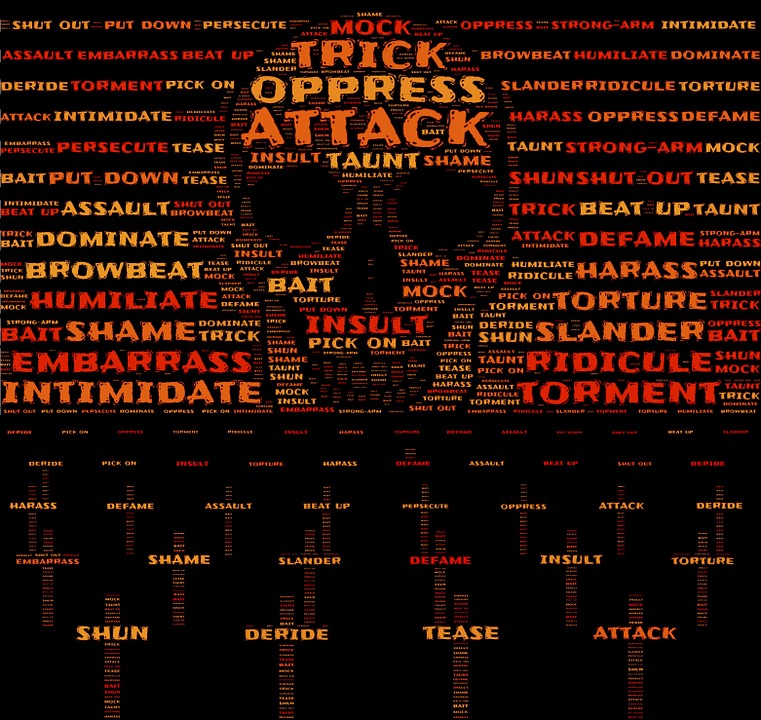Who, if anyone, rules the world? Answering a question like that requires grappling with both the character of international order and the global distribution of power—facets of political life that are related but should not be conflated. Two new...


Who, if anyone, rules the world? Answering a question like that requires grappling with both the character of international order and the global distribution of power—facets of political life that are related but should not be conflated. Two new...

Many MA programs at so-called professional schools of international affairs require students to complete a thesis. The purpose of this is not always clear-cut for students in terminal and...

When I first started teaching introduction to international relations, I included a lecture on the use of force in my foreign policy unit. We talked about Art's four uses of force, Schelling's...

Coup d’états are less likely to succeed against rulers who “counterbalance” their militaries with presidential guards, militarized police, and other security forces outside of military command. But there may be downsides.

Tough as it is to follow Charli’s excellent post on terrorism, somebody has to do it and so I might as well. If this past ISA is any indication, quantum is a big deal. The panel on Alex Wendt’s new book linking quantum mechanics to the social sciences was standing room only (from what I hear, I...
I was among those last week, after hearing about the events in Brussels, who tweeted or Facebooked in solidarity with Belgium... but also in solidarity with civilians killed in Ankara, Baghdad, Yemen, later that week Cote d'Ivoire and (as of yesterday) in Lahore, Pakistan. I took some flak for...
The expectation that civilians should be protected from the worst excesses of war is traditionally viewed as a moral or legal restraint, moderating the kind of violence that can be inflicted on the battlefield. But the shift towards counterinsurgency in Afghanistan and Iraq and its emphasis on...

This is a guest post from Michael C. Horowitz (@mchorowitz), Associate Professor of Political Science and Associate Director of Perry World House, University of Pennsylvania Last week, Charli Carpenter published an important piece advancing the conversation about public attitudes, public...

Much of the present debate over autonomous weapons systems (AWS) focuses on their use in war. On one side, scholars argue that AWS will make war more inhumane (Asaro, 2012), that the decision to kill must be a human being’s choice (Sharkey, 2010), or that they will make war more likely because...
A couple of years ago, Human Rights Watch launched a report arguing for a treaty ban on fully autonomous weapons, claiming military robots who target and kill human beings would violate international law. Among other arguments, the report Losing Humanity cited the Marten’s Clause of the Hague...

Geologists now say that humans have had such an impact on the earth that we have entered in to a new age, what has been termed the Anthropocene. On some level, this is a political statement, but on another level, it could be an observable layer in the physical surface of the earth that future...
Some weeks ago, Stephen Walt lamented the absence of realist commentators in the American media space. What was striking to me at the time was Walt’s claim that realism is a ‘well-known approach to foreign policy.’ That claim—that realism is a foreign policy approach—makes sense in the context of...
Last December, on “Giving Tuesday,” I encouraged friends and family to send donations to three of my favorite charitable causes in lieu of birthday presents: low-income housing, domestic violence, and Syrian refugee relief. My son and I had signed up to compete that week in the Habitat for...
At War on the Rocks, Mieke Eoyong intervenes in the Sanders-Clinton foreign-policy debate. Although the case made for Sanders' foreign policy by those she critiques—including Sean Kay—is much broader, she focuses on three arguments: that "Sanders has superior judgment because he opposed the Iraq...
This week is the 10th anniversary of the start of Canada's combat mission in Kandahar. This was the most stressful Canadian "expedition" since the Korean War, as Canada skipped Iraq 2003 and Vietnam. Today also happens to be the third anniversary of the rejection of an access to information...
Syria’s civil-proxy war is on the cusp of turning into an all-out regional war, with negative repercussions for all involved in the conflict. The humanitarian disaster is at its most acute to date, with Russian forces systematically attacking the Syrian opposition and on the verge of a rout of...